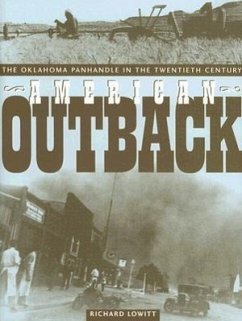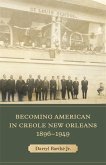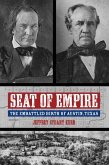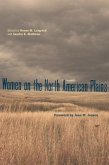To settle and remain in the American Outback, the unforgiving land of the Oklahoma Panhandle, was an achievement. Prosperity and risk were present in equal measure. Comprising land that Kansas, Colorado, and New Mexico did not want, and that Texas, after entering the Union as a slave state, could not have, the Oklahoma Panhandle was dubbed "No Man's Land." This geographical anomaly, 165 miles long and only 35 miles wide, belonged to no one and, before statehood, served as a haven for desperadoes and villains. Only with the creation of the Oklahoma Territory in 1890 was the area finally claimed by a government entity. The history of the Oklahoma Panhandle is an integral part of the history of the Great Plains. In the 1930s the Panhandle attracted attention as the heart of the Dust Bowl. Later the area became a world leader in the production of natural gas, and in the 1990s corporate mega hog farms moved in, creating a new set of challenges. As the twenty-first century unfolds, despite concerns about water, pollution, and population growth, the Panhandle remains the most prosperous part of the state, with wheat, meat, and energy as the largest contributors to its economy.
Hinweis: Dieser Artikel kann nur an eine deutsche Lieferadresse ausgeliefert werden.
Hinweis: Dieser Artikel kann nur an eine deutsche Lieferadresse ausgeliefert werden.








